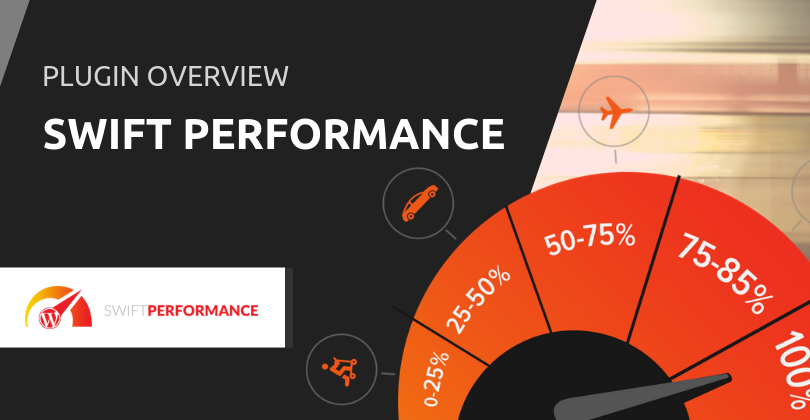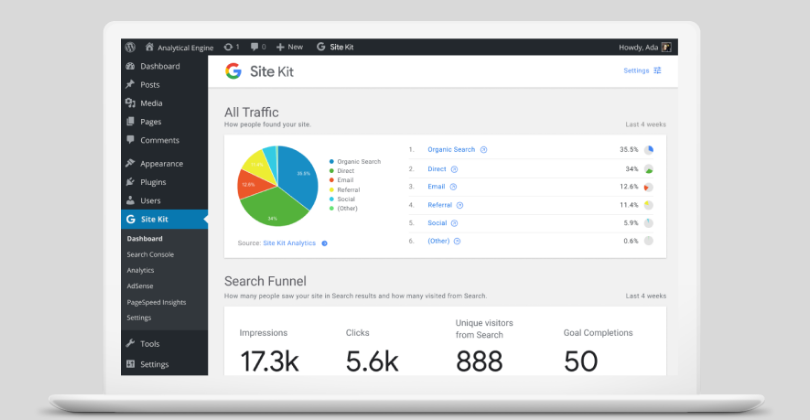What do the different types of WordPress hosting get you?
Over the last couple of years, we’ve noticed that more specialist WordPress hosting providers are entering the market. On top of that, many traditional hosting providers are launching WordPress hosting products.
For WordPress users, this is good news. You have many options for better products for your hosting needs. On the other hand, sometimes the choices can be a bit confusing! You need to understand what it is that you’re really getting when you choose any given option.
There are two main types of WordPress hosting that have emerged:
- Solutions that are built on more “traditional” hosting technology, but have been optimised for WordPress, and;
- Proprietary solutions built around WordPress that both extend and limit its capability.
We’re going to take a look at the different hosting types that you will come across, and outline what you get with each.
[content_upgrade cu_id=”13203″]Get the bonus content: Get our checklist for finding a WordPress host here[content_upgrade_button]Click Here[/content_upgrade_button][/content_upgrade]
Different approaches to WordPress hosting
If you do a quick search looking for hosting, you’re going to turn up a number of providers. Here are the most common options and what you get with them;
WordPress.com
This is WordPress’ own hosting solution. Many people look at this initially because they offer a free option for a website with hosting. This is fine if you’re just wanting a place to blog occasionally, without the need for a lot of bells and whistles.
The disadvantage is that the free version on WordPress.com is locked down and limited. It is more suitable for bloggers rather than businesses because there are very limited options to extend its core functions. For example, you can’t use Google Analytics and you are limited in terms of the themes available.
Some people still confuse WordPress.com and WordPress.org. It’s important to make the distinction that there is no hosting with WordPress.org. It is a repository for everything WordPress and you still need to find your own hosting.

Managed WordPress hosting solutions
Other hosting providers offer a more sophisticated version of what WordPress.com offers, with more flexibility and orientation toward businesses. They complement core WordPress functionality with a set of bespoke tools developed to streamline some of the key tasks.
For example, the “managed WordPress hosting solutions” offer staging environments, back-ups and security checks. They have very usable interfaces which make it easy for their users to work behind the scenes.
These sorts of products can be very good, particularly for removing technical responsibilities from your plate, but they have their downsides too. For example, if you migrate off them you won’t be able to take any of their bespoke functions with you. You don’t always have full flexibility of the plugins you might to use either. Some providers will blacklist certain plugins based on their own set of criteria. The prices for these hosting solutions are also usually quite high.
[tweetshare tweet=”Do you require flexibility with WP plugins? Not all managed hosts allow this” username=”wphosting”]WordPress optimised solution
Another type of WordPress hosting provider builds a WordPress optimised solution based on the technology that has been widely adopted by the WordPress developer community. For example, they might use cPanel or Nginx.
These hosting providers optimise hardware and software to make WordPress perform at its best in terms of speed, security and scalability.
With this type of solution, you don’t get all of the benefits of managed WordPress hosting, however, you do give yourself more options by building in an environment that is familiar to most WordPress developers. This offers you more flexibility. You can also save some money this way as hosting does not tend to cost as much.
WordPress label on standard plan
There’s another type of hosting which is worth a brief mention – this is where established hosting companies basically slap a “WordPress” label on their standard plans.
WordPress websites can run just fine on standard hosting, it just needs to be a Linux-based hosting account that supports PHP and mySQL. The difference with specific WordPress hosting is that those hosting companies should be able to provide features that provide consistency and bundle things creating better value than if purchased individually. For example, WordPress hosting can pre-configure many web technologies, allowing for quick setup within WordPress.
Which type of WordPress hosting is best?
There is not “one size fits all” answer to this question. The WordPress hosting solution that is best for you will come down to your individual requirements. For example, if you are a digital agency, a WP developer or some other type of company with more technical requirements, it’s fair to assume that you need more flexibility with your hosting solution. You won’t want restrictions on what you can do with the site.
If you have fairly straightforward requirements, then perhaps it doesn’t matter to you if there are a few restrictions. You might prefer the managed host, even if they do blacklist some plugins.
As a note on “managed hosting,” unless you are purchasing a dedicated server with some form of maintenance plan, the ‘managed’ bit does not refer to some person individually looking after your website. It is more likely that it’s referring to a set of tools, as well as the hosting environment itself, that operate autonomously on a schedule. Or, for example, WordPress’ core updating itself when a new version is released.
As for the proprietary tools used for WordPress management, you should also consider that there are many versions of these available as individual WordPress plugins. This includes WordPress management suites such as InfiniteWP.

Another key consideration is the quality of the technology the hosting company is using. For example, some cheaper hosts over-subscribe their servers with too many sites being hosted so that they can squeeze more revenue from each server. This can result in throttled site speeds, or even websites going down if there is too much traffic to the server.
One of the most crucial considerations is the quality of support that you’re going to get from the hosting company. This is what sets companies apart from the rest. It’s very unlikely that you will get expert WordPress support from a traditional hosting company that has recently launched a WordPress hosting product. They will have just updated their internal support Knowledge Base to cover WordPress related questions. They don’t have the specific expertise on WordPress.
Look at the level of support supplied too. Some companies offshore all of their support and are more difficult to get a satisfactory response from.
[content_upgrade cu_id=”13203″]Free download: what to check for when looking for a WP host[content_upgrade_button]Click Here[/content_upgrade_button][/content_upgrade]
Our approach to hosting WordPress websites
At WP Hosting, we’ve built our solution on enterprise level hardware and software that is widely used in the industry, hosting data centres in Australia. Our product is optimised for WordPress and specifically for Australian customers.
We don’t want to develop a proprietary environment for WordPress as it would be a less flexible solution. We opt to work with solutions that developers are familiar with, while making sure our technology stack performs at the best of its capacity.
We’ve invested in our support function instead, building a team of talented and passionate WordPress experts working in our office in Melbourne. We don’t outsource any part of our support function, so our clients are getting help right here in Australia.
The flexibility of our approach makes us a great option for businesses. It also aligns us with WordPress’ own mission:
“WordPress is software designed for everyone, emphasising accessibility, performance, security, and ease of use. We believe great software should work with minimum set up, so you can focus on sharing your story, product, or services freely. The basic WordPress software is simple and predictable so you can easily get started. It also offers powerful features for growth and success.”
You can check out what we offer and what our hosting packages include here.




